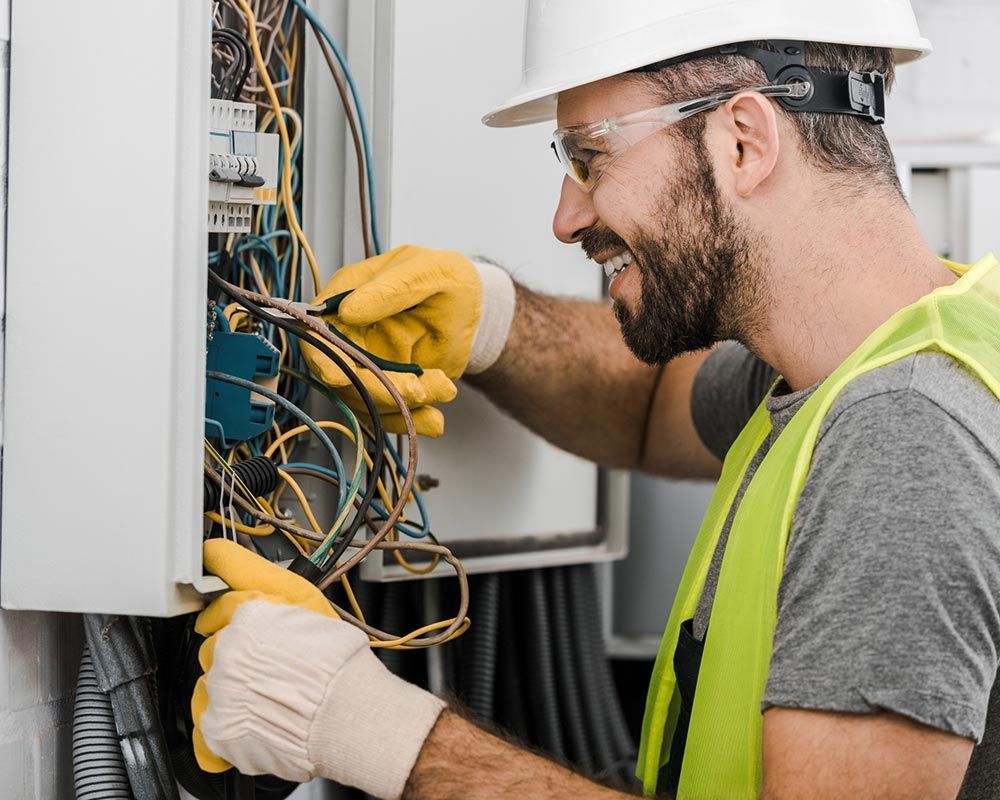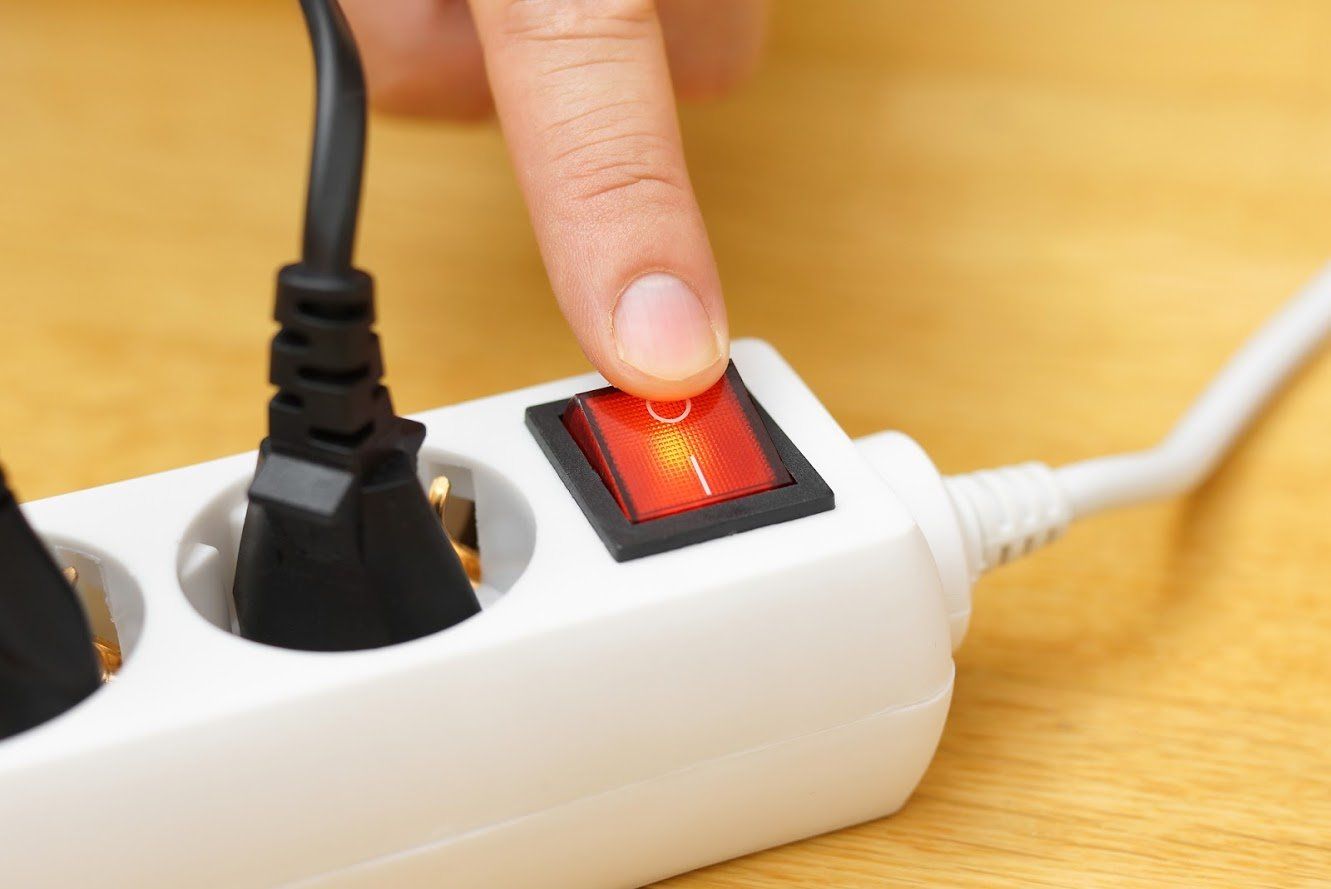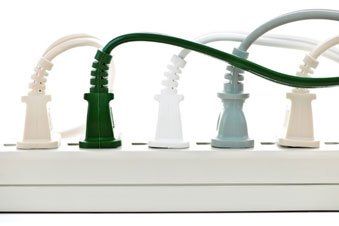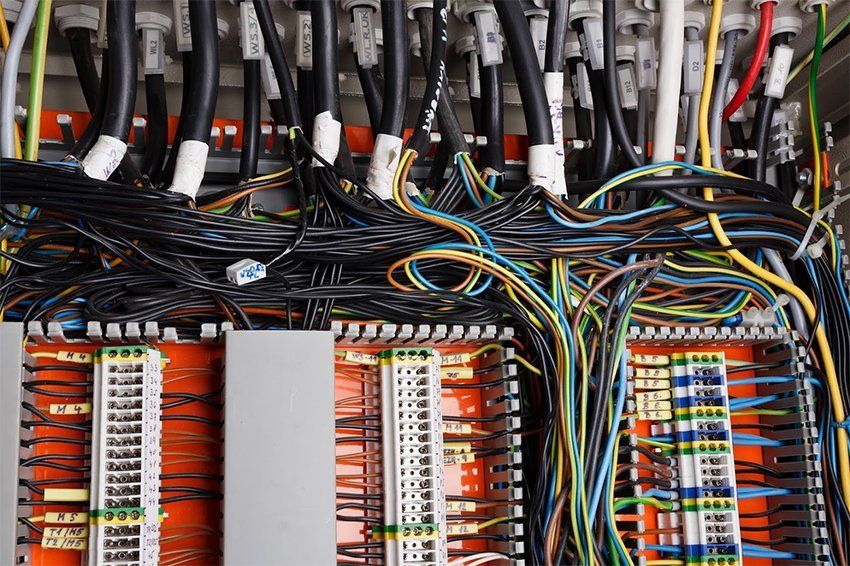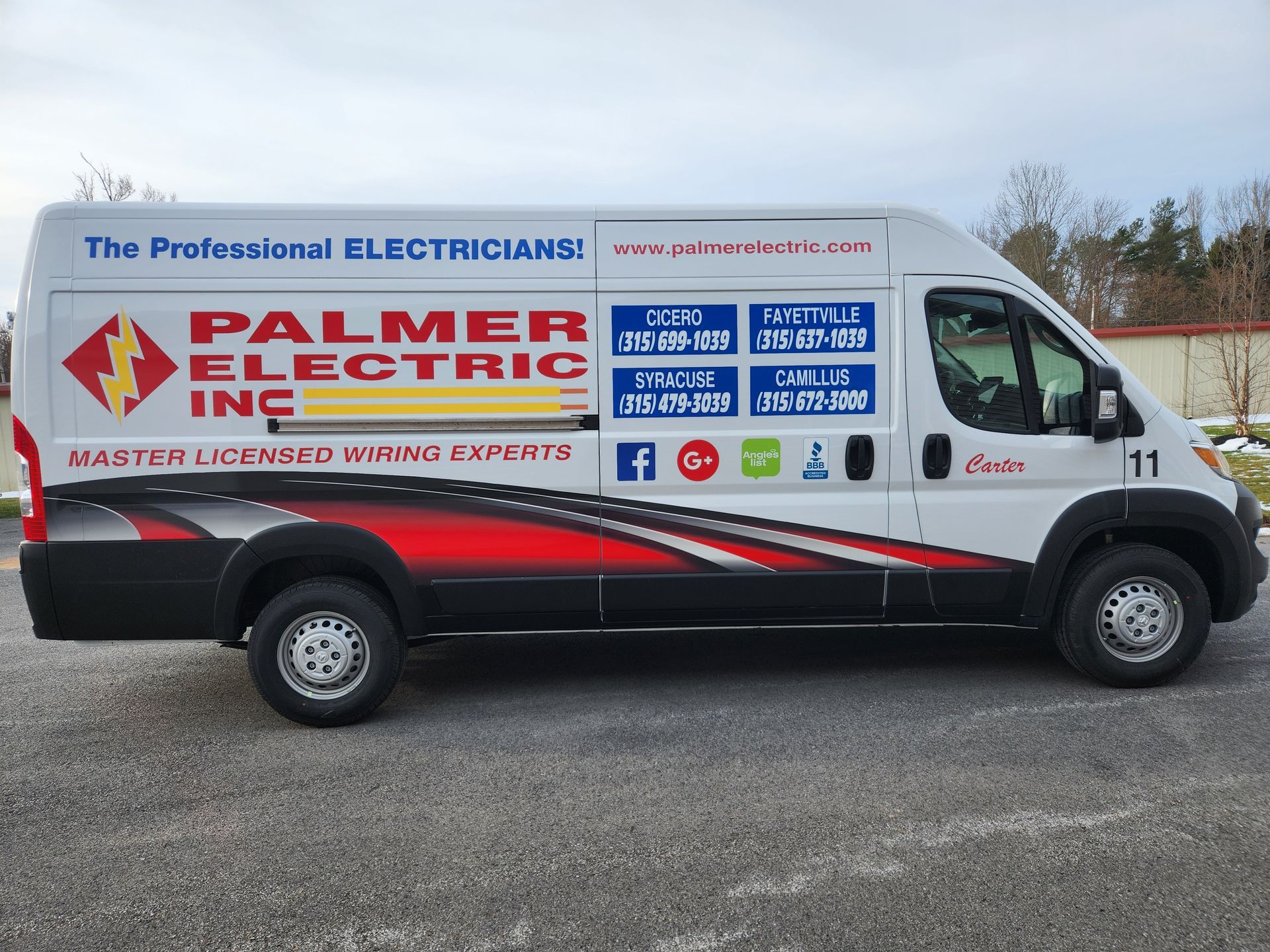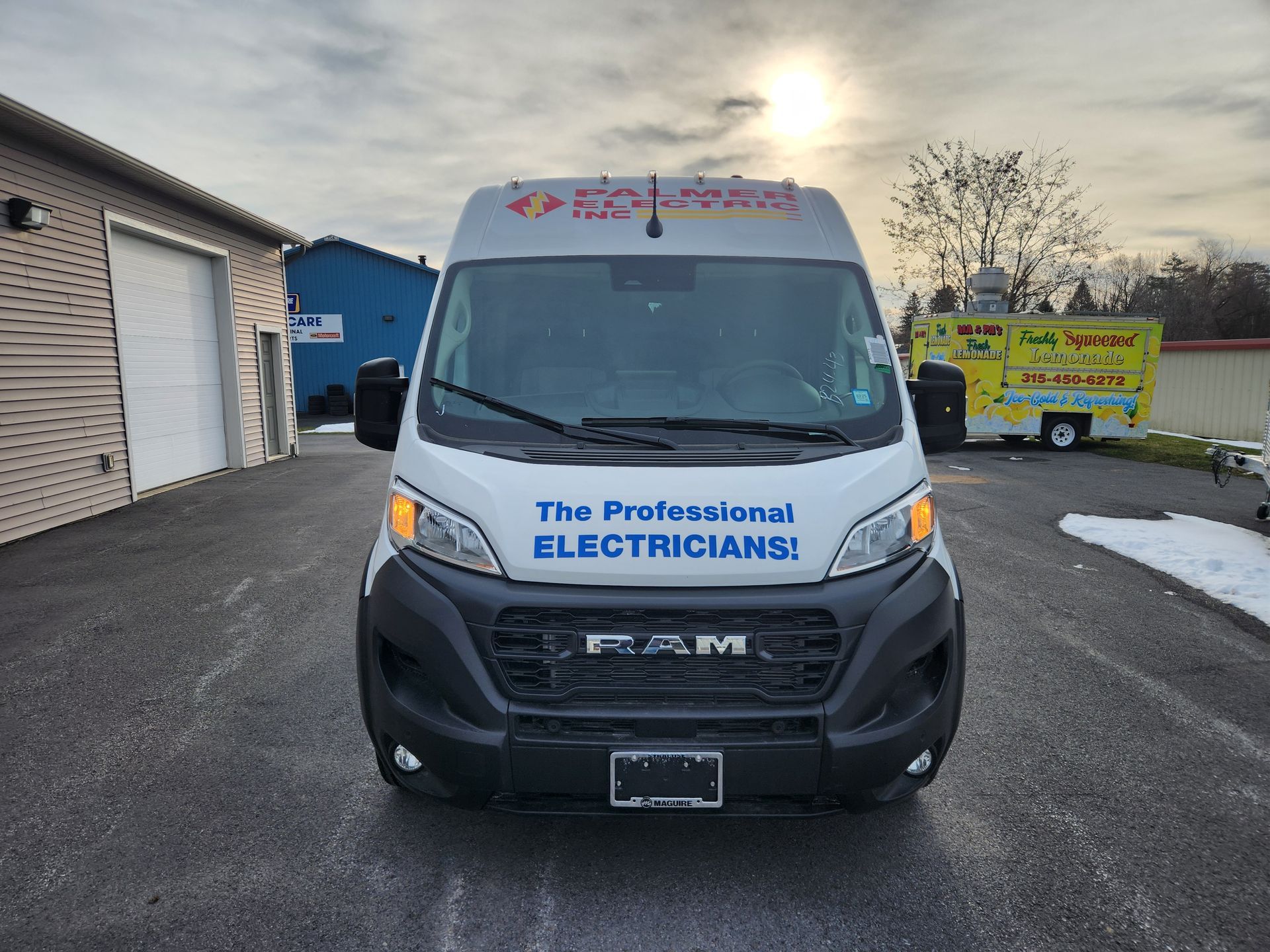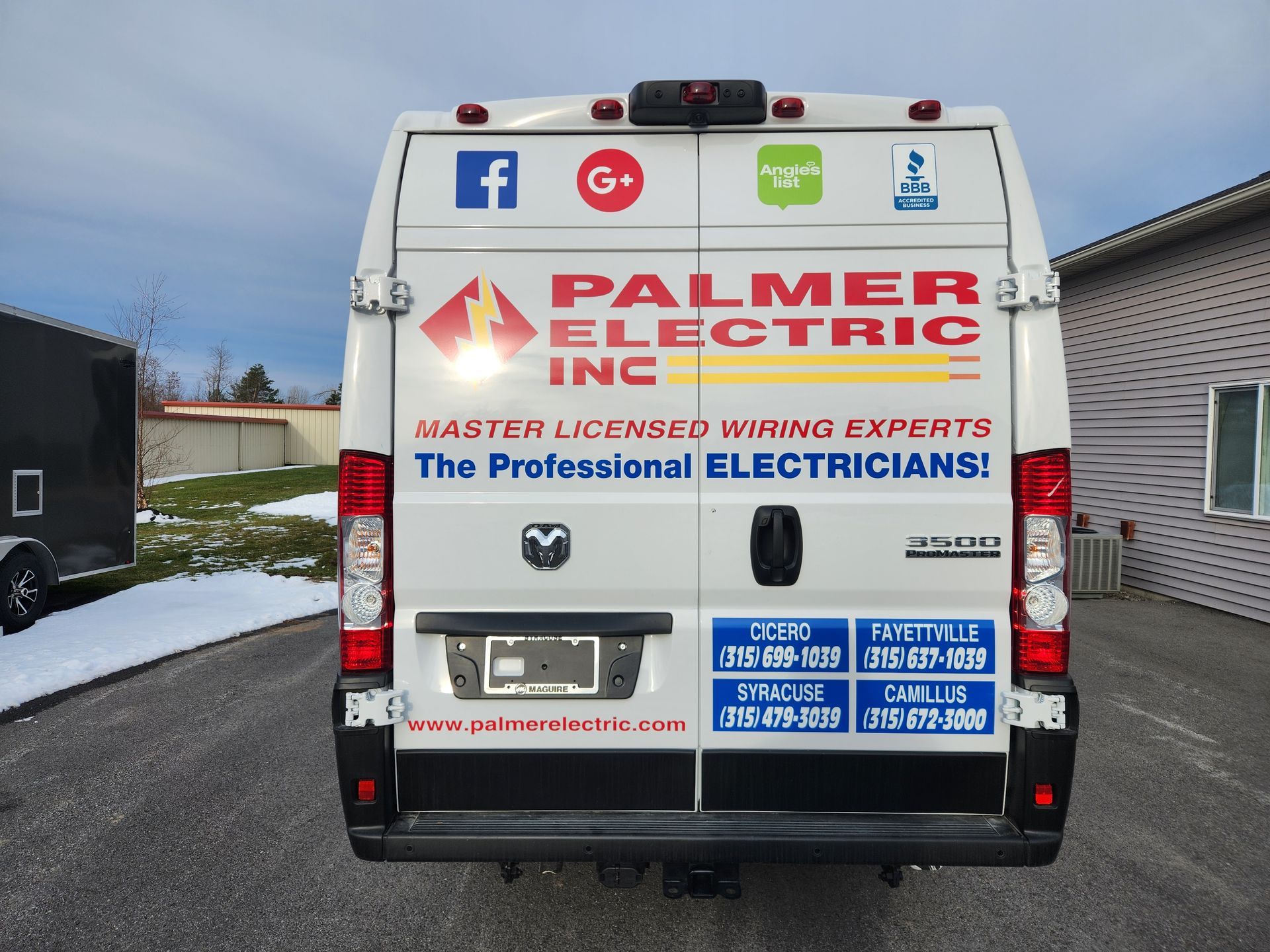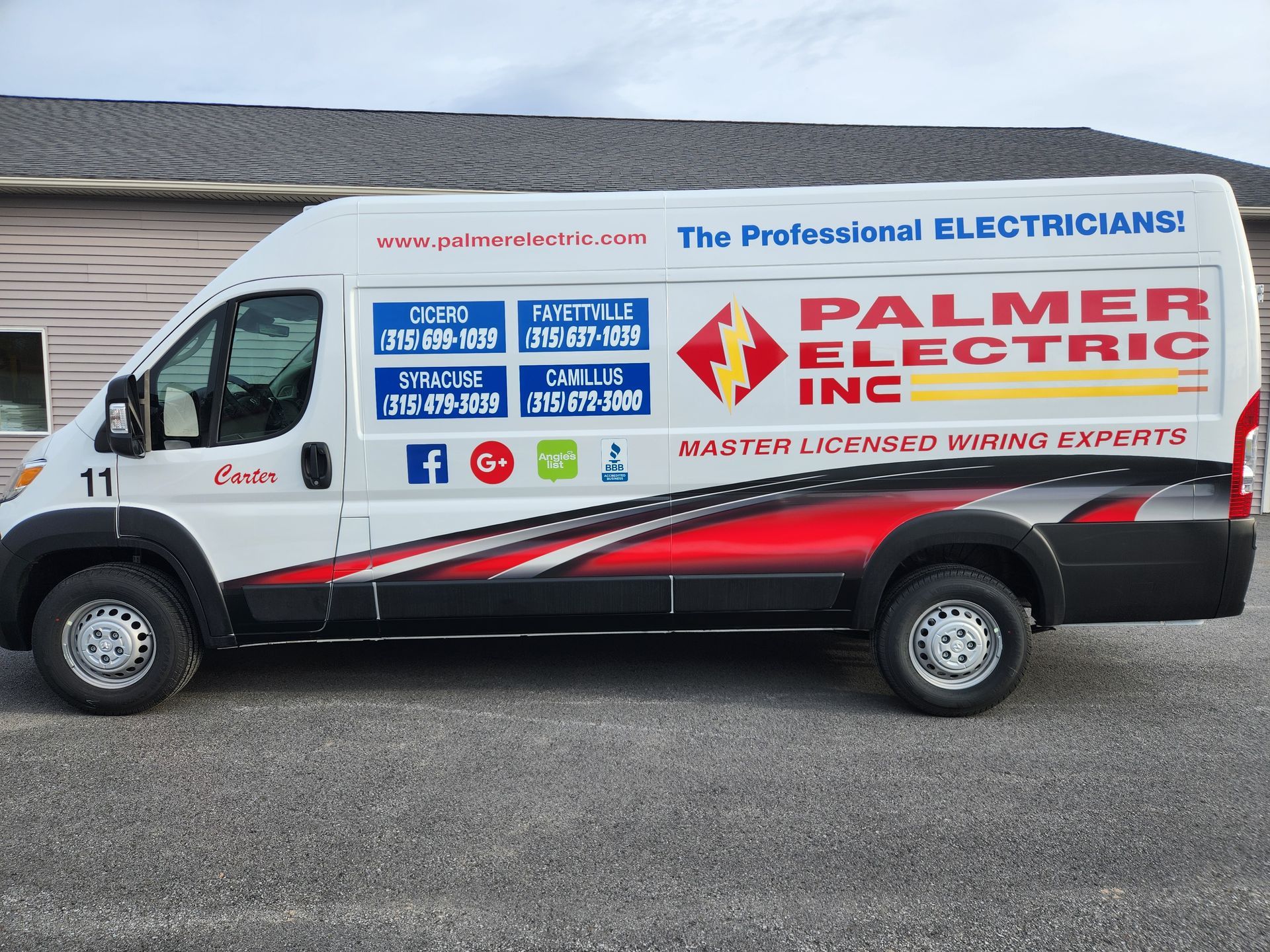Code Violation Corrections: What You Need to Know
- By Admin
- •
- 03 Aug, 2018
- •
Each year, electrical fires result in hundreds of deaths and property losses worth billions of dollars. Old buildings and those with poor electrical wiring and installations are especially prone to potentially fatal fire hazards. These buildings are also likely in violation of electrical codes and need correction by a professional electrician to ensure compliance.
Read on to learn more about code violation correction and why your building may need this.
Read on to learn more about code violation correction and why your building may need this.
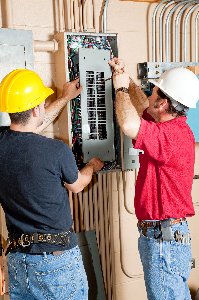
National Electric Code
The National Electric Code (NEC), formulated by the National Fire Protection Association (NFPA), is a set of standards that govern the installation of electrical connections to ensure safety.
The NFPA updates these standards regularly in response to technological changes. As such, building owners should work with a reputable electrician who understands NEC requirements to remain compliant.
The NFPA updates these standards regularly in response to technological changes. As such, building owners should work with a reputable electrician who understands NEC requirements to remain compliant.
Notice of Violation
If officials from the state's Department of Building Inspection evaluate your building and identify poor electrical conditions, they may issue you with a notice of violation.
A notice of violation describes the types of electrical faults in your building and the exact code your building has violated. The notice will also explain what you need to do to remedy the fault and the date by which the correction should be implemented.
The inspectors will typically give you a voluntary compliance period prior to the official deadline. During this period, have a professional electrician correct the violations.
A notice of violation describes the types of electrical faults in your building and the exact code your building has violated. The notice will also explain what you need to do to remedy the fault and the date by which the correction should be implemented.
The inspectors will typically give you a voluntary compliance period prior to the official deadline. During this period, have a professional electrician correct the violations.
Common Code Violations
The NEC outlines numerous electrical installation and repair incidences that could amount to code violation. Several non-compliance issues may result in the issuance of a notice of violation.
Faulty Ground Fault Circuit Interrupters
Ground fault circuit interrupters are devices that regulate the amount of current going into one receptacle and out of another receptacle.
GFCIs are a requirement for newly constructed buildings and should be installed in areas where water and electricity are likely to interact such as in the kitchen or bathroom.
A malfunctioning GFCI increases the risk of electrocution in both residential and commercial buildings and should be replaced.
Wrongly Grounded Receptacles
Buildings constructed prior to 1960 have receptacles with two pins — the neutral and the hot pins. They lack the round grounding pin. The grounding pin helps to discharge electricity in the event of lightning or a faulty appliance.
Attempts to comply with NEC regulations by replacing two-pin receptacles with three-pin receptacles that have a grounding conductor may be ineffective. The new three-pin receptacle may seem grounded but actually is not and would need proper installation to ensure accurate grounding.
New Light Fixtures Paired With Old Wiring
Many building owners are interested in installing new energy-saving light fixtures such as LED lamps. While such a transition to sustainable lighting is commendable, pairing new fixtures with old wiring could create an electrical hazard due to temperature differences.
If your building has not been professionally rewired in the last 25 to 30 years, you probably have an issue with old wiring and installing new lighting fixtures without the use of a junction box could be a violation of electrical codes.
These are just a few examples of non-compliance issues that may require violation correction. If you are unsure whether your building's electrical connections are NEC-compliant, ask a qualified electrician to inspect your building and identify potential code violations.
If you have already received a notice of violation, be sure to resolve the electrical problems in your building as soon as possible to avoid potential penalties and fire hazards.
At Palmer Electric Inc., we are a licensed and insured electrical company that stays up to date with NEC requirements. Whether you are a homeowner or commercial building manager, we can help with code violation corrections to ensure compliance with existing ordinances. Get in touch with us today to schedule an appointment.
Faulty Ground Fault Circuit Interrupters
Ground fault circuit interrupters are devices that regulate the amount of current going into one receptacle and out of another receptacle.
GFCIs are a requirement for newly constructed buildings and should be installed in areas where water and electricity are likely to interact such as in the kitchen or bathroom.
A malfunctioning GFCI increases the risk of electrocution in both residential and commercial buildings and should be replaced.
Wrongly Grounded Receptacles
Buildings constructed prior to 1960 have receptacles with two pins — the neutral and the hot pins. They lack the round grounding pin. The grounding pin helps to discharge electricity in the event of lightning or a faulty appliance.
Attempts to comply with NEC regulations by replacing two-pin receptacles with three-pin receptacles that have a grounding conductor may be ineffective. The new three-pin receptacle may seem grounded but actually is not and would need proper installation to ensure accurate grounding.
New Light Fixtures Paired With Old Wiring
Many building owners are interested in installing new energy-saving light fixtures such as LED lamps. While such a transition to sustainable lighting is commendable, pairing new fixtures with old wiring could create an electrical hazard due to temperature differences.
If your building has not been professionally rewired in the last 25 to 30 years, you probably have an issue with old wiring and installing new lighting fixtures without the use of a junction box could be a violation of electrical codes.
These are just a few examples of non-compliance issues that may require violation correction. If you are unsure whether your building's electrical connections are NEC-compliant, ask a qualified electrician to inspect your building and identify potential code violations.
If you have already received a notice of violation, be sure to resolve the electrical problems in your building as soon as possible to avoid potential penalties and fire hazards.
At Palmer Electric Inc., we are a licensed and insured electrical company that stays up to date with NEC requirements. Whether you are a homeowner or commercial building manager, we can help with code violation corrections to ensure compliance with existing ordinances. Get in touch with us today to schedule an appointment.



